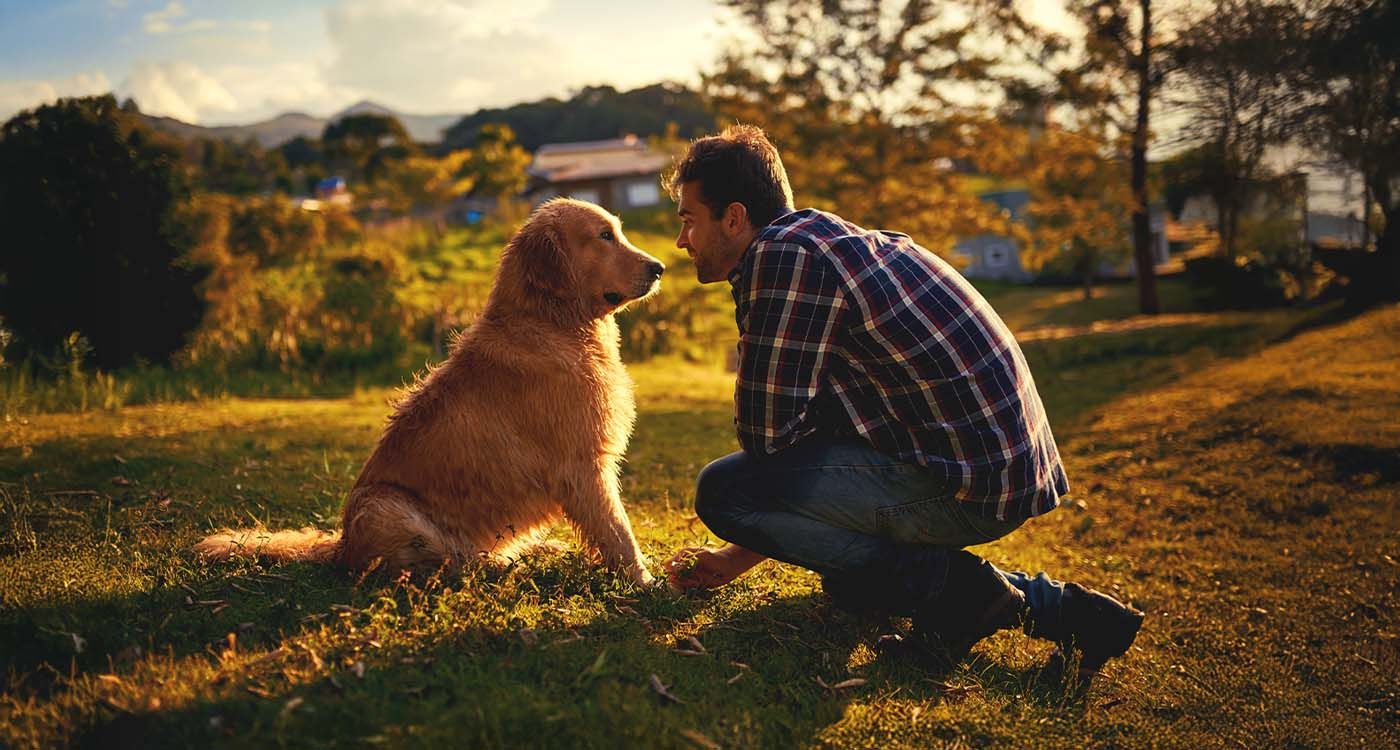
The death of a dog can bring grief that runs deeper than the loss of a close family member. Far from being an emotional exaggeration, this experience is now documented by science, which sheds light on the emotional, cognitive and social processes involved.
“It’s only a dog.” This phrase, often said with a hint of condescension, can feel like a harsh blow to those who have just lost their four-legged companion. Yet growing scientific evidence shows that grieving a pet – especially a dog – can be just as intense as, and sometimes even more profound than, mourning a human loved one.
The psychology behind the emotional bond between humans and their dogs rests on several key pillars, beginning with attachment. Research building on Bowlby’s attachment theory shows that dogs often fulfill roles similar to those of a child in their relationship with their owners: seeking closeness, security and emotional regulation. This “caregiving bond” is reciprocal. Humans protect, feed and care for their dogs, and in return receive a constant and unconditional form of affection.
From a neurobiological perspective, brain imaging studies reveal that interactions between an owner and their dog activate the same circuits involved in parent-child relationships. These include the release of oxytocin, the hormone linked to social bonding and attachment, a decrease in cortisol, the stress hormone, and emotional synchronization known in neuroscience as neural synchrony. This means the human and canine brains can literally “resonate” together. Few human relationships achieve such biological harmony.
The relationship with a dog is often unique in its lack of conflict. There is no rivalry, resentment or emotional strings attached. A dog’s love is clear and unconditional, wholehearted, steady and consistent. This emotional straightforwardness, which stands in contrast to the complexities and fragility of human relationships, provides a deep sense of psychological security. So when a dog dies, it is not just a living being that is lost, but an unseen emotional anchor that falls away.
When Society Overlooks the Reality of Grief
One of the greatest challenges in grieving the loss of a pet comes from society itself. The sorrow caused by losing a dog is often dismissed or minimized. This type of grief, known as disenfranchised grief, lacks social recognition and is not accompanied by the usual rituals. There are no official ceremonies, few condolences, no time off to mourn and no public acknowledgment. Research shows that this absence of social validation can deepen the trauma. Those who grieve face a double isolation: the pain of their loss and the barrier to expressing it.
Some research goes even further. In an article published in New Scientist, researchers claim that, in certain cases, the grief experienced after losing a dog can surpass that of losing a close relative. This does not imply that human love is less profound, but rather that the intensity of grief depends on many factors: the quality of the relationship, the circumstances of the death, the level of emotional dependence and the absence of unresolved conflict.
The nature of the death also plays a role. An accidental or sudden passing, or a euthanasia that is hard to accept, can intensify the emotional shock. Dogs are seen as vulnerable, innocent and completely dependent. Their loss is sometimes experienced as a failure to protect, which deepens feelings of guilt.
Scientific research also highlights another important point: for many isolated people – whether they are elderly, single, children, or living with chronic illness – a dog often provides their primary emotional support. In some cases, the dog may be more present than a partner or family member. Therefore, losing a dog means not only mourning a loss but experiencing a profound existential shift.
Finally, the time factor plays a crucial role. Living with a dog for 10, 15, or even 18 years creates a shared history: habits, daily rituals and key moments in life. When the dog passes away, a part of oneself and one’s personal story is lost with it. This sense of loss can cause deep pain that is often difficult to put into words.
This is not merely sentimental grief but a legitimate, well-documented reaction that deserves to be acknowledged. More and more veterinarians, psychologists and researchers are advocating for greater recognition of pet loss grief to help those who face this experience without shame.
The death of a dog is not simply the loss of a pet. It is the loss of an irreplaceable bond, often purer, stronger and more comforting than many human relationships.

Comments